Liberal caucus should have adopted Reform Act for process to oust Trudeau, says Grit MP Casey
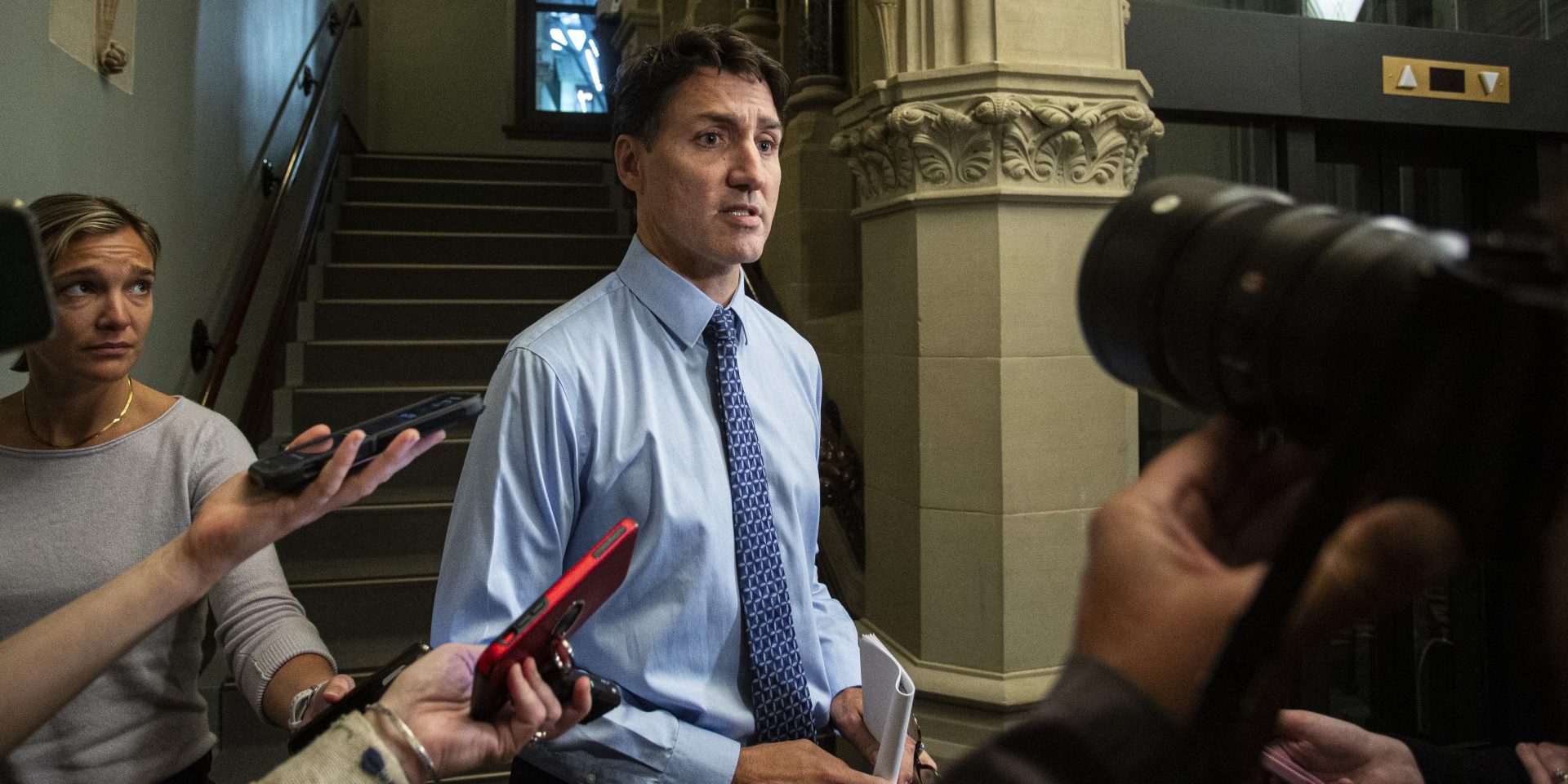
As a growing challenge to the prime minister’s leadership embroils the Liberal caucus, some members say the party would be better off if it had adopted the Reform Act process for triggering a leadership review.
Liberal MP Sean Casey (Charlottetown, P.E.I.), who has publicly called on Prime Minister Justin Trudeau (Papineau, Que.) to resign, told The Hill Times on Oct. 21 that “in hindsight, absolutely,” the caucus should have adopted the Reform Act.
Casey has told multiple outlets that conversations with his constituents have convinced him Trudeau cannot win the next election, and “there was wishful thinking that he’d come to his senses.” With an election drawing closer, and no sign of Trudeau planning to step down, Casey voiced his concerns publicly. His move came amid reports that 20 or more Liberal MPs had signed a document calling on the prime minister to reconsider his future.
Several Liberal MPs, who commented on a not-for-attribution basis in order to speak candidly, told The Hill Times in the days leading up to the Oct. 23 national caucus meeting that one idea considered by dissenting Liberal caucus members was to request a secret-ballot vote on Trudeau’s leadership. They said their strategies for the high-stakes meeting would continue to evolve right up until it began, and continue to be adjusted as events unfolded.
At the Oct. 23 caucus meeting, according to Liberal sources, Liberal MP Patrick Weiler (West Vancouver—Sunshine Coast—Sea to Sky Country, B.C.) read a letter that laid out the case for Trudeau’s resignation, and said 24 MPs have signed a document in support of this. The MPs called on him to resign by Oct. 28, but did not state what actions they would take if he does not step down by that time.
Holding a secret-ballot vote would be similar to the process the Reform Act outlines. But with no formal mechanism in place for MPs to force such a vote or to require the leader to abide by its results, it remains Trudeau’s choice if he will step down.
‘It would make everything much clearer’: Casey
Passed in 2015, the Reform Act allows parliamentary caucuses to adopt four powers. All caucuses with official party status are required by law to vote at their first post-election meeting on whether to adopt them for that session.
The measures available to them are: the power to elect the caucus chair; the power to elect an interim leader, should one be needed; the power to vote on the expulsion or re-admittance of a member of caucus; and the power to remove the leader.
Each measure is voted on separately, and a party can adopt any combination of them.
The Liberals’ first national caucus meeting of this session came seven weeks after the 2021 election—a delay that drew the ire of some members—where MPs voted unanimously against all four measures, national caucus chair Brenda Shanahan (Châteauguay—Lacolle, Que.) said at the time.
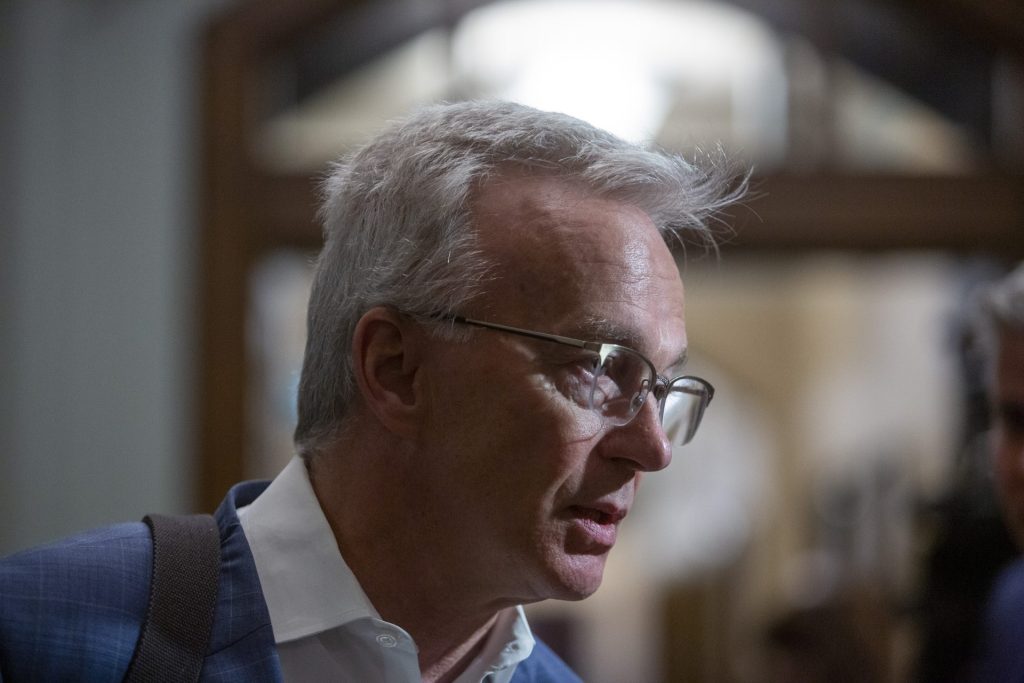
Neither the Liberals nor NDP have ever adopted any of the Reform Act provisions in the three Parliaments they have been available. The Bloc Québécois has previously adopted three of them, but did not adopt any in this Parliament. The Conservatives adopted all four measures this session, marking the first time any party has elected to adopt the provision granting caucus the power to remove their leader. Four months later, the Tory caucus put that measure to use by ousting then-leader Erin O’Toole—prompting the leadership race that led to Pierre Poilievre (Carleton, Ont.) becoming Conservative leader.
Casey said “the benefit of the hindsight” reveals the Liberal Party would have been better off with this measure in place, too.
“As we look at it now, it would make everything much clearer,” he said.
The Hill Times has reported that members of the dissenting group say they have made serious efforts to raise the leadership issue for months, but have been effectively “blocked” by the caucus chair and PMO at every turn. They highlight that, after the Toronto-St. Paul’s, Ont., byelection loss in June, nine MPs sent a written request to Shanahan for a discussion, but it was denied for “logistical” reasons.
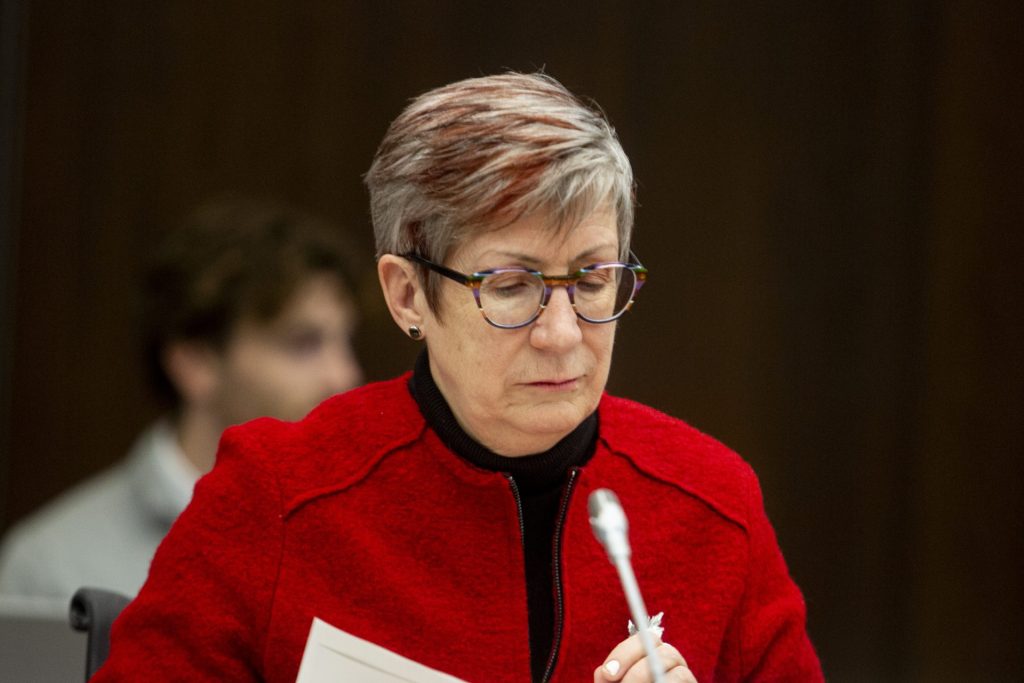
Liberal MP John McKay (Scarborough-Guildwood, Ont.) told The Hill Times on Oct. 22 that having the Reform Act in place would allow a clearer process to address the present leadership question.
“It would have given everybody at least a format for the issue that seems to be at hand,” said McKay, who is not seeking re-election.
He said he does not plan to go to the microphones to speak at the Oct. 23 meeting, and said it is up to Trudeau to decide what he will do. “It’s his decision because there is no other mechanism,” said McKay.
However, he said the clarity of the Reform Act could benefit the party as a whole—not only offering Trudeau’s detractors a clear process to bring forward their concerns, but also offering the leader a definitive resolution to the issue if he survived such a vote.
“[It] provides a bit more structure to the process, and—because it’s bit more structure—then the decision process is also a bit more final,” he said. “So if, in fact, the decision is for the leader to stay, then that’s it.”
He added that “it may not be a happy result, but the result would be at least a clear expression of the will of his caucus.”

The process outlined in the act states that—in a caucus that has adopted these provisions—a written notice signed by at least 20 per cent of members can trigger a leadership review. This is conducted using a secret ballot, and a majority vote of 50 per cent is needed to force a leader out.
That means, in the current 153-member Liberal caucus, the act would require 31 MPs to trigger the vote, and 77 MPs to oust the leader, if its rules were in place.
McKay said he thinks these thresholds might be a little bit too low, but that he is generally supportive of the act.
Despite Shanahan having said the caucus’ 2021 vote against the Reform Act was “unanimous,” McKay said he had been in favour of it, and “the way votes get reported is quite interesting.”
He said the party should consider adopting the measures in future sessions. However, he said it can be difficult to build caucus support for these provisions at the start of a session, when the vote is required.
“The problem is that people are flush off an election win or loss, as the case may be, and that may influence how they perceive the qualities of the leadership,” said McKay.
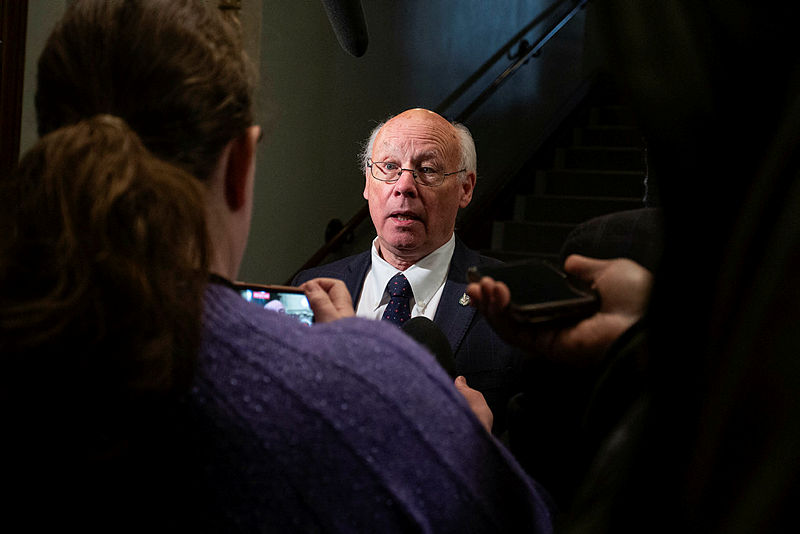
Two other Liberal MPs offered a perspective in the days prior to the Oct. 23 meeting.
Liberal MP Ken Hardie (Fleetwood-Port Kells, B.C.) said it’s now a moot point.
“If I’d eaten fewer lobby cookies, I’d have been a few pounds lighter, too,” said Hardie, with a chuckle. “That’s 20/20 hindsight, obviously.”
Liberal MP Darrell Samson (Sackville-Preston-Chezzetcook, N.S.) declined to offer a clear answer, saying these are discussions that should be conducted inside the caucus room.
“It’s an inside question. I’m not open to sharing at this time. In retrospect, everything looks better, of course,” he said.
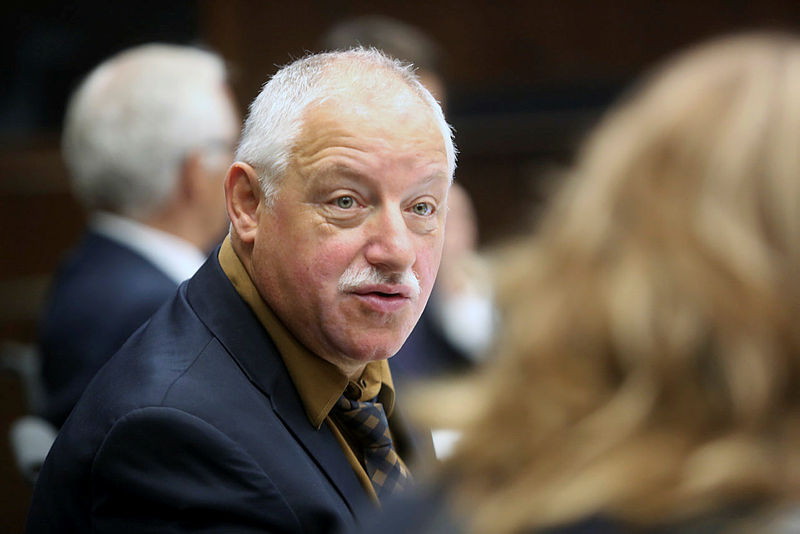
‘Better off with rules’: Blidook
Kelly Blidook, a political scientist at Memorial University, said all parties would benefit from the clarity the Reform Act offers. He noted new MPs are asked to decide about adopting the Reform Act before they “get their legs underneath them.” Over time, he said, they discover the Reform Act “is something you need when you need it.”

“Essentially, they’re easily manipulated by their leadership,” said Blidook, who studies political institutions and representation. “They’ve just come off of an election. … A lot of MPs are feeling like their leader is the whole reason they’re there in the first place. And so I think it’s easy for the leader’s office to come along and say things like, ‘You know, this Reform Act is a bad idea.’”
He said some MPs may have concerns that adopting the act would “cause drama” or “make the party look bad.” However, “in most cases, you’re better off with rules than the lack of rules,” said Blidook.
He said those concerns need to be “balanced against precisely what we’re seeing right now.”
“This looks much worse,” said Blidook. “If they’d simply had the Reform Act, they’d have a formal mechanism.”
He said such a mechanism would offer an “end point” to the leadership turmoil, whether that vote went for or against the leader.
Editor’s note: This story was updated on Oct. 24, 2024, to include developments from the Oct. 23 Liberal national caucus meeting.
icampbell@hilltimes.com
The Hill Times





 LICENSING
LICENSING PODCAST
PODCAST ALERTS
ALERTS













